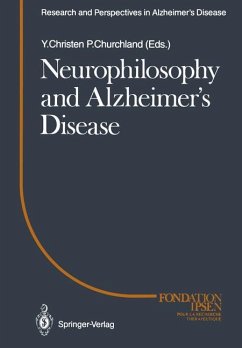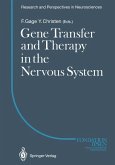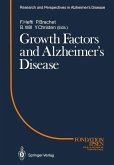The National Institute of Mental Health (NIMH) AIDS Program is the fourth largest acquired immune deficiency syndrome (AIDS) program within the National Institutes of Health (NIH). Since 1983, our program's contributions have concentrated on two major areas. The first has been to develop effective strategies to prevent or reduce behaviors that place individuals at risk for human immunodeficiency virus type 1 (HIV-1) infection. The second has been to support and foster research to enhance our understanding of the profound impact of H IV-1 infection on the central nervous system (eNS). The brain appears to be a prime target of the virus and may serve as a reservoir for the virus. Post mortem examination of brain tissue has provided evidence of eNS cell damage in 80%-90% of people who die with AIDS. For about 10%-20% of people with AI DS, mild neuropsychological symptoms are the first signs of the disease. Approximately 20% of individuals infected with HIV-1 develop AIDS dementia complex. The symptoms include apathy, difficulty concentrat ing, irritability, depression, and personality changes. In the later stages of the disease, people may experience psychiatric disor ders. Death usually occurs within 6 months of the appearance of those more severe symptoms. Up to 90% of children infected with H IV-1 experience attention and concentration difficulties and often experience neurodevelopmental delay or regression over time.
Bitte wählen Sie Ihr Anliegen aus.
Rechnungen
Retourenschein anfordern
Bestellstatus
Storno








